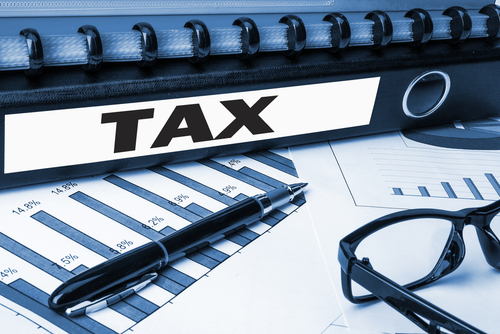U.S. Rep. Dan Meuser (R-PA) recently hosted a hearing in which participants advocated tax policies supporting research and development initiatives focusing on innovation.

The session examined tax policies that help businesses thrive, particularly of the R&D Tax Credit and Bonus Depreciation. The Internal Revenue Act of 1954 created Section 174 of the Internal Revenue Code allowing for the immediate expensing of qualifying R&D expenditures or amortizing them over a period of five or more years.
The immediate expensing option of Section 174 was repealed after the 2021 tax year, and now, small businesses must spread the tax credit out over five years.
With regard to bonus depreciation, officials maintain it addresses expensing of tangible assets that includes equipment and machinery, but beginning this year bonus depreciation decreases by 20 percent each year (80 percent in 2023, 60 percent in 2024, 40 percent in 2025, 20 percent in 2026, 0 percent in 2027).
“At a time when U.S. adversaries are investing more and more in innovation, Congress must reflect on the impact that removing incentives to innovation will have on our nation’s job creators,” Meuser said. “The repeal of the R&D Tax Credit and the sunsetting of bonus depreciation, coupled together, will have grave consequences on American entrepreneurs. Congress must fight to protect these vital provisions. We cannot continue to cede our competitive advantage and risk falling behind dangerous adversaries on the world stage.”
Hearing witness and Sterman Masser Inc. Vice President and Chief Financial Officer Julie Masser Ballay said small and family-owned businesses are the backbone of the American economy.
“In order to remain competitive, particularly in the agricultural sector, we need to be able to keep up with the speed of innovation of larger corporations,” Masser Ballay said.